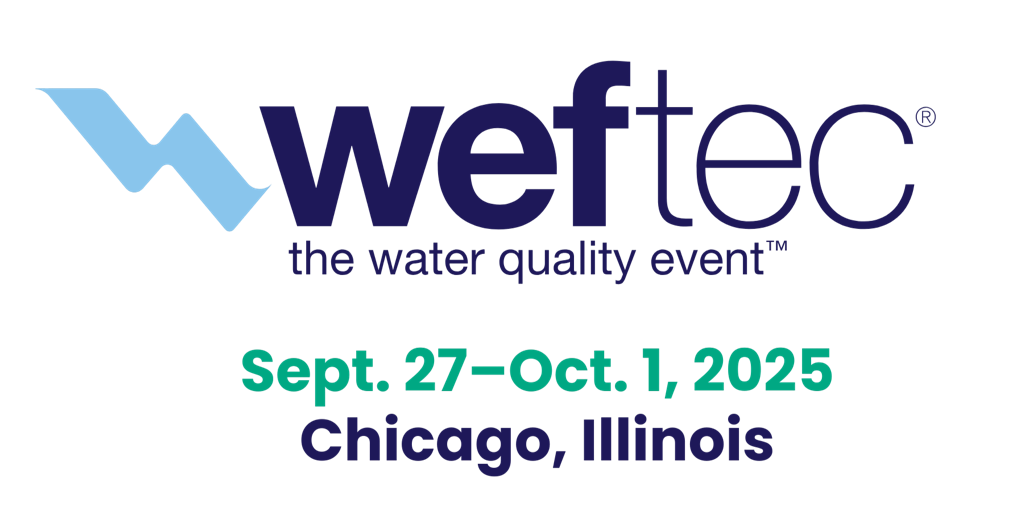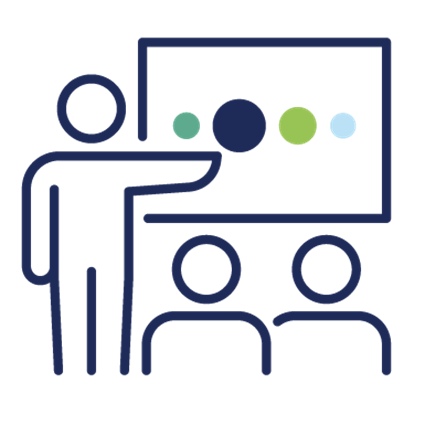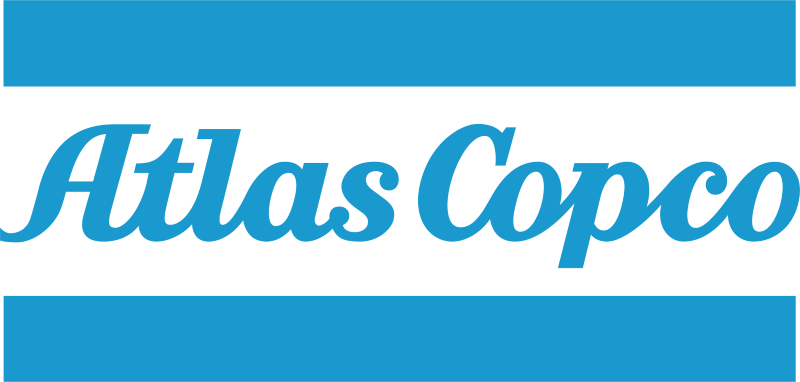W14 The Future of Water Reuse Using Carbon-Based Advanced Treatment (CBAT) to Implement 'One Water' Initiatives
Sunday, October 6
8:30 a.m. – 5:00 p.m.
Carbon-based advanced treatment (CBAT) includes processes such as biological activated carbon (BAC) and granular activated carbon adsorption that have been shown to be effective for pathogen and chemical removal in bench-, pilot- and full-scale applications. Additionally, because of water quality benefits observed, using the ozone/BAC process coupling biofiltration with an upstream preoxidant such as ozone has become common in drinking water and advanced water treatment applications.
With capital and operating costs of treatment schemes dictating project design and implementation, inland utilities and others are investigating the use of non-reverse osmosis based multibarrier schemes that do not pose brine or concentrate management challenges and can provide robust treatment in a sustainable and cost-effective manner. The benefits of CBAT, lessons learned from pilot- and full-scale projects, how CBAT fits into the current active and evolving regulatory landscape, and limitations of CBAT in advanced treatment will be discussed.
Learning Objectives
At the conclusion of this workshop, participants will be able to
- Recall the history of CBAT and its process capabilities in the realm of potable reuse.
- Relate the advantages and limitations of CBAT processes in water reuse.
- Recognize the diversity and challenges in regulatory and geographical drivers.
- Describe the latest research highlights in CBAT.
- Give examples of valuable lessons learned from the pilot- and full-scale operation of CBAT process.
- Develop safety and training principles to prepare utility operators to successfully operate AWT facilities.
Workshop Organizers
- Workshop Chair: Gayathri Ram Mohan, Hazen and Sawyer
- Workshop Vice Chair: Stephen Katz, Veolia
- Workshop Vice Chair: Pranjali Kumar, Carollo Engineers
| Fees | |
|---|---|
| WEF Member | $270 |
| Non-Member | $300 |
| WEF Student Member | $50 |
| Student Non-Member | $270 |







